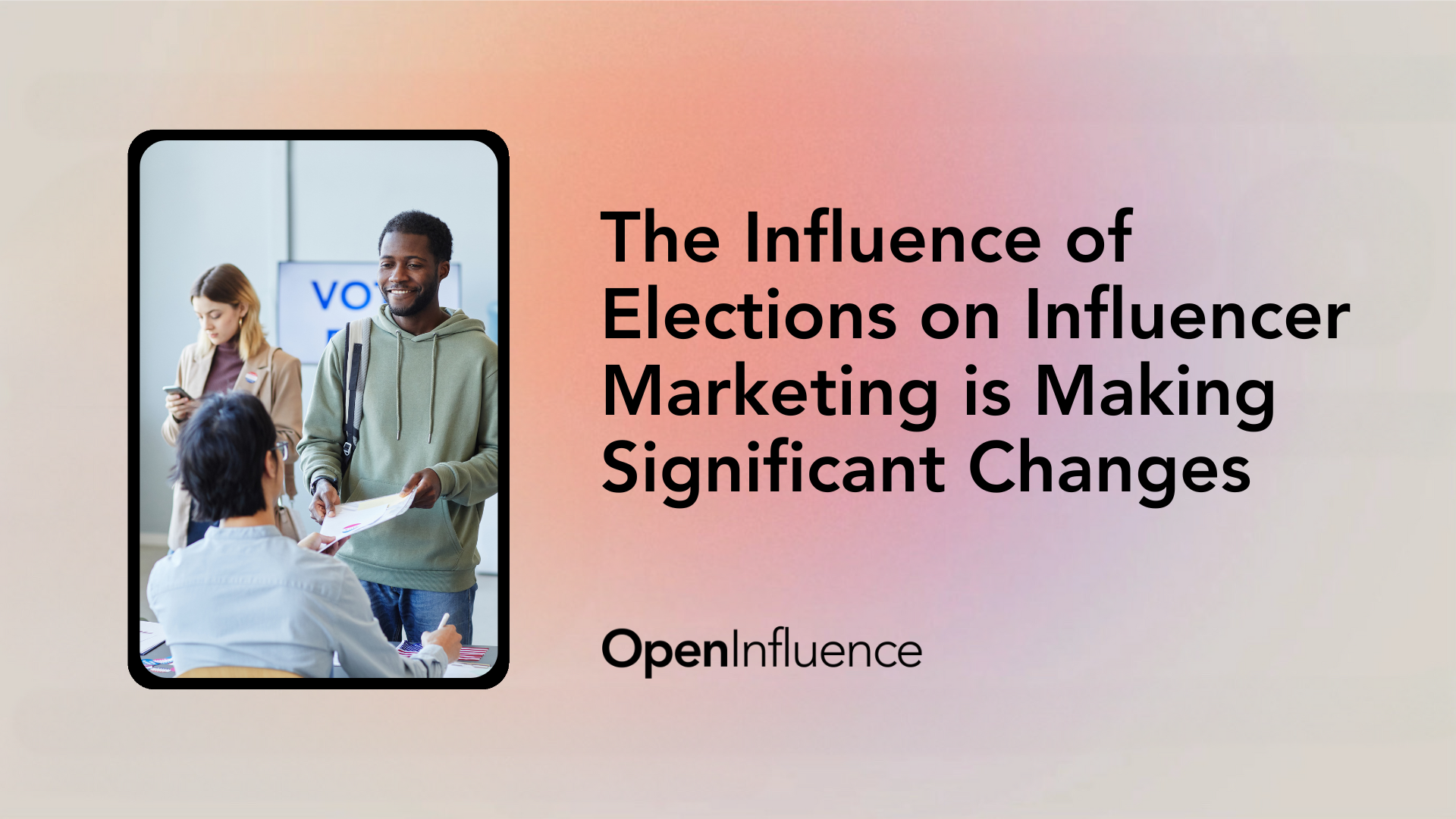With the U.S. presidential race approaching its most competitive stage, influencers are likely to provide more election content to potential voters, but agencies will need to strike a balance between their creator strategy, content types, and platforms.
TikTok is expected to be a major player in the creator space in the coming months, although there is an increasing movement to tighten brand security and diversify creator partnerships on social media.
Sarah Gerrish, senior director of creator and influencer at Movers+Shakers, explained that they are increasingly evaluating influencers, as political conversations are viewed more critically by brands, and they are choosing to work with influencers whose content is not political.
Growing endorsements of political activists and reputations among their creators.
This week, Collective Voice released a report on influencer and brand strategies that found 76% of consumers are in search of election content from creators. Additionally, 46% of influencers are readjusting their content and partnership strategies around the election, while 45% of consumers are following influencers and buying promoted products from them.
Clair Sidman, vp of marketing at Collective Voice, pointed out that creators are now a crucial part of the shift towards affiliate strategies, where they play a vital role in validating the return on investment and building brand visibility through high-impact earned media campaigns.
The timing of election posts, according to Gerrish, will be crucial. He stressed the importance of keeping up with political news and avoiding being overshadowed by politics.
While agencies may be striving to increase engagement, they must also strengthen their brand safety measures during the election season. Open Influence, a creator marketing company, is not posting political content on the internet, but they are implementing more rigorous standards by reviewing the creators’ political content and demonstrating it aligns with brand values.
Perlov said that while they try to avoid artists who work on political issues, they also need to be able to gauge the frequency and tone of their political posts before working with them.
What happens when money.
Collective Voice reports that approximately 61% of consumers have seen more election-themed content from their preferred creators. However, it is unclear how much of this political or election-themed content is related to digital spending for this election, which is expected to reach a historic $12 billion.
The political ad spend from social networks is a small but increasing share of the digital mix, which eMarketer predicts to reach $605 million, an increase of 86.7% from the prior year. eMarketer anticipates most of the social media investment, or $568 million, will be directed towards Meta platforms (mostly Facebook), the largest of which will include a further $568 million.
The difficulty in identifying influencer political spending arises from social media platforms like TikTok, which are prohibited from monetizing or allowing political advertising. eMarketer remarked that CTV and other non-social digital digital spending has increased at a faster rate.
Read full article here.

